The Hematology-Oncology Fellowship Program at WashU Medicine is an ACGME-accredited, 3-year program, accepting 8 new fellows per year. One additional position is available for the Hematology Focused Fellowship Training Program (HFFTP) in Hematology Track. The Program is designed to attract outstanding physicians and train them for academic careers in the fields of hematology and/or oncology.
Message from the Program Directors
Welcome and thank you for your interest in the Hematology-Oncology Fellowship Program at WashU Medicine. Our fellowship program is designed to train and facilitate the career development of future leaders in academic hematology and oncology by taking advantage of the full resources of WashU Medicine, Barnes-Jewish Hospital and Siteman Cancer Center.
The training program is designed to develop superb clinicians through a breadth of exposure and strong didactic learning experiences. Our goal is to develop successful, independent clinical and laboratory investigators and provide outstanding mentorship. To attain this goal our program leaders and mentors meet regularly with each fellow as they progress through the fellowship program to ensure they will be ready for independent practice and be able to attain their career objectives.
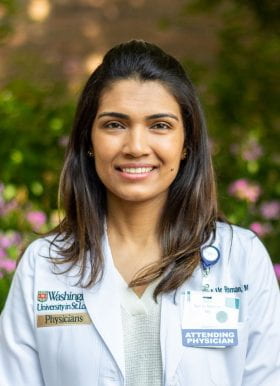
Program Director, Hematology-Medical Oncology & HFFTP
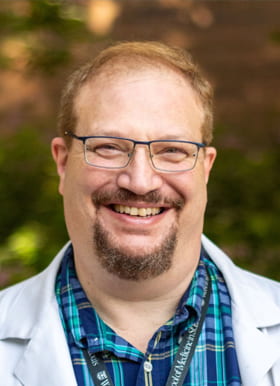
Associate Program Director for Bone Marrow Transplant & Leukemia
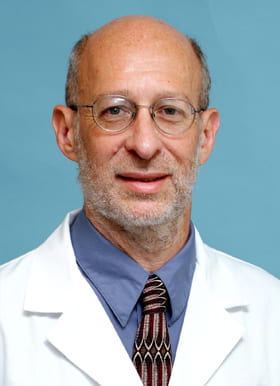
Associate Program Director for Basic Science and Career Development
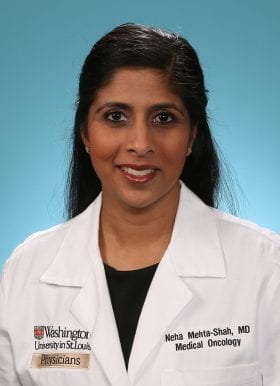
Associate Program Director for Medical Oncology
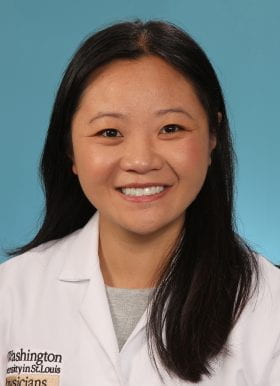
Associate Program Director for Hematology & HFFTP
The Division of Hematology at Washington University was founded in 1938 by Dr. Carl V. Moore and Dr. Elmer Brown. This expanded to the Division of Hematology and Oncology in 1966 by Dr. Stuart Kornfeld and Dr. Philip Majerus.
Hematology and Oncology were subsequently separated, with Dr. Evan Sadler becoming the Hematology Division Chair in 1998 and Dr. John DiPersio the chair of Division of Oncology in 1999 as BMT was integrated into Oncology.
The Divisions are members of the Siteman Cancer Center, an NCI-Designated Comprehensive Cancer Center. Siteman Cancer Center is a member of the National Comprehensive Cancer Network (NCCN) and many of our faculty members serve on treatment guideline panels for cancer. The Program is part of the WashU Medicine which is consistently ranked as one of the top 10 Medical Schools in the Country. The BMT Program is a FACT-accredited leader in stem cell transplantation and cellular therapy.
The Alvin J. Siteman Cancer Center is an international leader in cancer treatment, research, prevention, education and community outreach. It is the only cancer center in Missouri to hold the prestigious Comprehensive Cancer Center designation and “Exceptional” rating from the National Cancer Institute and membership in the National Comprehensive Cancer Network.
Siteman Cancer Center offers the expertise of more than 450 Washington University research scientists and physicians who provide care for more than 75,000 patients, including 12,000 newly diagnosed patients, every year. A full range of advanced diagnostic and treatment services are available for patients with all types of cancer. Siteman also offers patients access to support services and educational resources. Satellite facilities are conveniently located at Barnes-Jewish West County Hospital in Creve Coeur; Barnes-Jewish St. Peters Hospital in St. Charles County; Northwest HealthCare, part of Christian Hospital, in north St. Louis County; Siteman Cancer Center–South County; and Memorial Hospital East in Shiloh, Illinois.
Scientists and physicians affiliated with Siteman hold more than $145 million annually in basic and clinical oncology research grants. The results of basic laboratory research are rapidly incorporated into treatment advances, which is enhanced by patient access to more than 500 therapeutic clinical trials, including many collaborative efforts with other leading cancer centers throughout the country. In addition to treatment and research programs, Siteman pursues an active outreach program of cancer screening and education that involves tens of thousands of individuals annually throughout the St. Louis region.
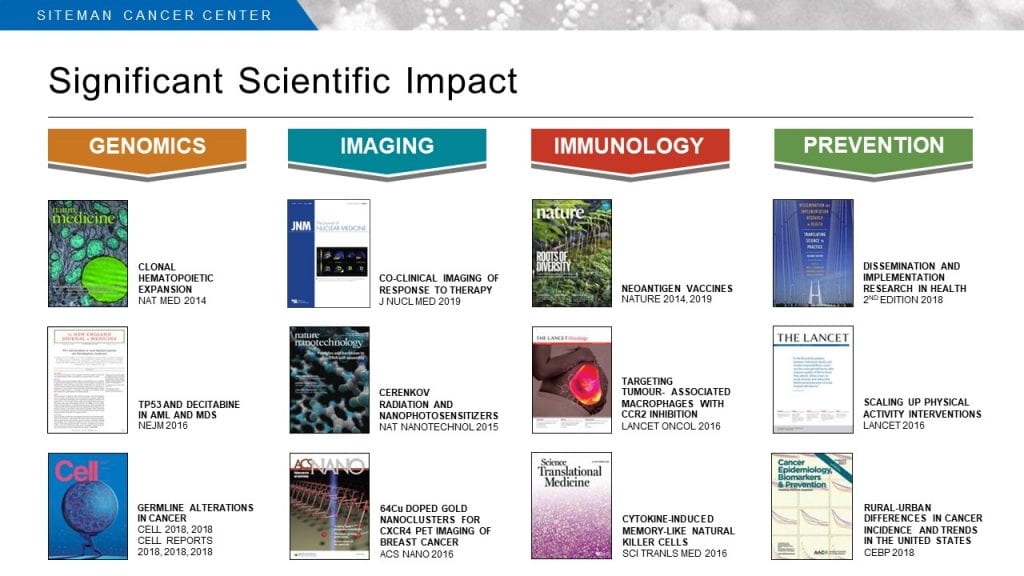
Research has always played a central role in Hematology and Oncology at Washington University. Discoveries include:
- Insights into iron metabolism: C.V. Moore
- Mechanisms of ITP: W. Harrington & C.V. Moore
- Mechanisms of quinine-induced thrombocytopenia: C.V. Moore
- Definition of molecular defects in PNH & dyskeratosis congenita: M. Bessler
- Discovery of BCL2: S. Korsmeyer
- ADAMTS-13 in TTP: E. Sadler
- Definition of aspirin action on platelets and its role in prevention of thrombosis: P. Majerus.
- First sequencing of a cancer genome: T. Ley
- Role of CXCR4 & plerixafor in stem cell mobilization: D.Link & J. DiPersio
- Clonal Hematopoiesis: L. Ding & J. Welch
- Discovery of Metabolic Deficiency in Sarcomas: B. Van Tine
- Genomics of Lung Cancer: R. Govindan & R. Wilson
- JAK inhibitors for treatment of GvHD: J. DiPersio & J. Choi
- Splicing mutations in MDS: M. Walter & T. Graubert
Latest news
Tap into latest developments, opportunities and insights from the Hematology/Oncology Fellowship Program


